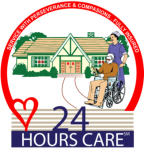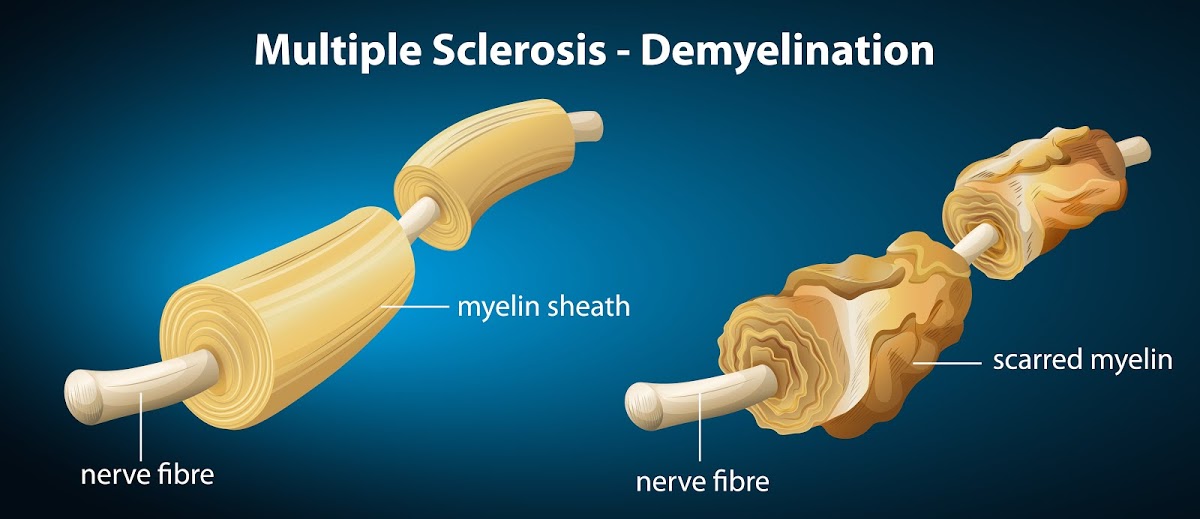Sclerosis is a Greek word meaning hardening of tissue or scars. Multiple sclerosis is a chronic, unpredictable disease affecting the central nervous system (CNS). It is thought to be an immune-mediated disorder, in which the immune system incorrectly attacks healthy tissue in the CNS damaging the insulating covers of nerve cells in the brain and spinal cord.
Risk factors for the MS are age, family history, race, climate, certain autoimmune diseases, smoking, inflammatory bowel disease and type1 diabetes.
Symptoms: Multiple sclerosis patients can have almost any neurological symptoms; with autonomic, visual, motor, and sensory problems being the most common. Some common symptoms are
• Numbness or weakness in limbs,
• Tingling,
• Vision problems,
• Tremors and lack of coordination,
• Slurred speech,
• Fatigue & dizziness
Treatment: Currently there is no cure for MS, but there are several treatments for managing the symptoms.
Therapeutics options for MS are:
• Steroids such as methylprednisolone are given intravenously to treat relapses.
• Immunomodulating agents such as Betaseron, Avonex, Rebif (Interferon 1a) are used to balance the activated immune response and delay the progression of the disease.
• Second line treatment options to control the disease are Methotrexate, Cyclophosphamide, Mitoxantrone, Natalizumab
Physiotherapy, Muscle relaxants, medications to reduce fatigue are also used effectively to manage the symptoms.
Facts you should know about MS
• Multiple Sclerosis was first diagnosed in 1849
• The earliest known description of a person with possible Multiple Sclerosis dates from 14th century Holland
• Multiple Sclerosis is the most common progressive and disabling neurological condition in young adults.
• There are estimated 2,500,000 people affected by MS worldwide and about 400,000 in US.
• MS affects twice the women compared to men.
• About 45% of patients are not affected severely by the disease.
• MS is not contagious
• Temperate climate regions show more prevalence of MS than tropical regions
• Most people with MS are diagnosed between the age of 20-50
• Multiple Sclerosis incidence rate is lower in Native Indians of North and South America, the Japanese and other Asian
• MS is not fatal
• MS is not caused by a virus
How do we help patients with MS?
• Needs Assessment
• Plan for care – Establish a plan of care that includes important medical as well as non-medical information about the patient.
• Trained nursing care at home
• Following the treatment procedures recommended by the physician
• Consultation with the patient and family members.
We create a strategy for long term care for the patient depending on the stage of the disease.
Our Specialized services for MS include:
• Vital signs management
• Exercise regimen to maintain the physical activity focusing on aerobic exercise
• Nutrition management – We make sure patient receives proper nutrition and hydration that is recommended for diabetics
• Medicine delivery management
• Pain management
• Massage therapy – Massage benefits patients on all levels to restore the body and refresh the mind.
• Manage bladder issues, bowel issues resulting because of MS.
• Stress management
• Providing 24 hours care to ensure wellbeing of the patient
• Medical and non-medical care



















